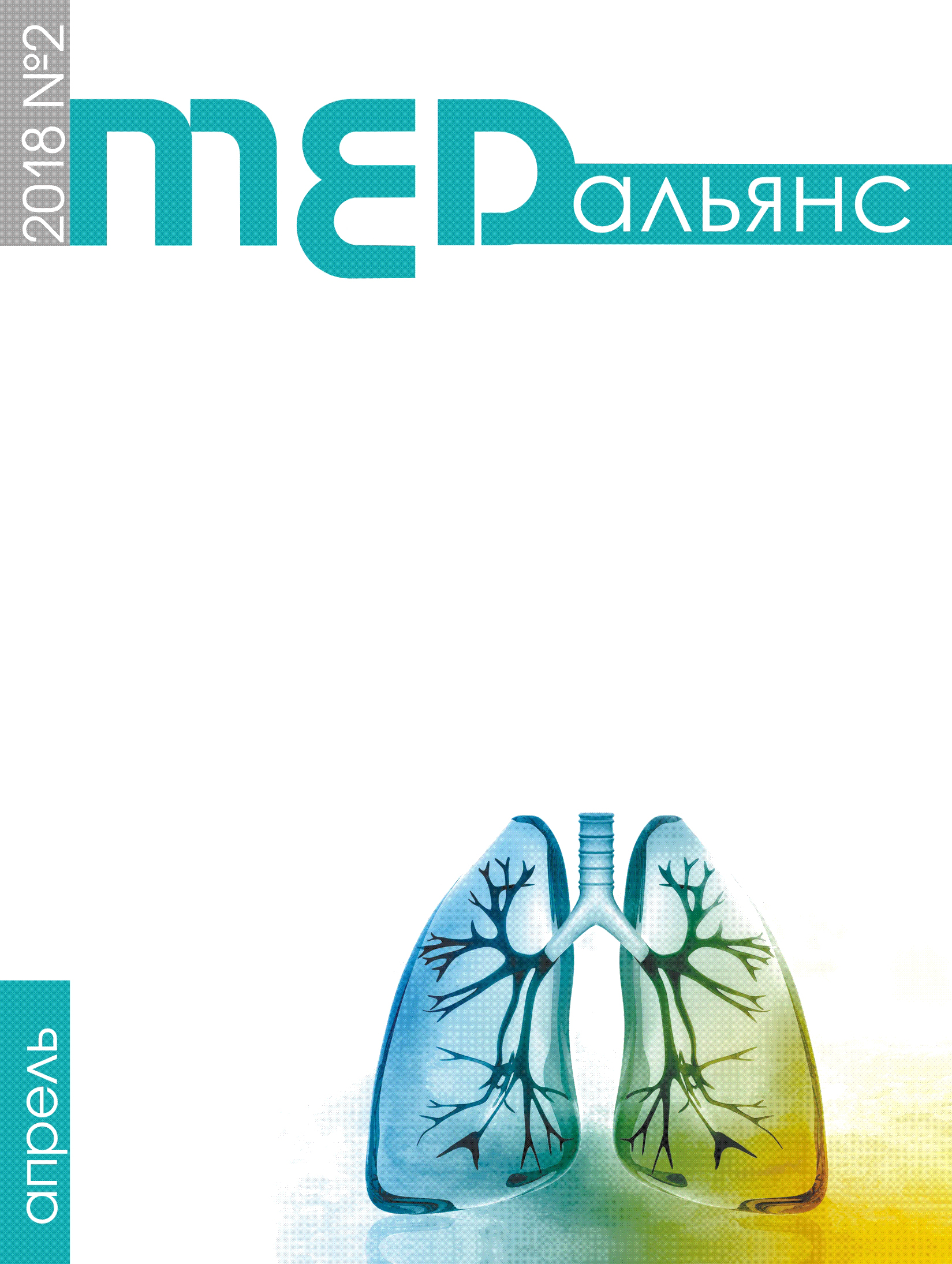Abstract
The article is devoted to monitoring of adverse drugs reac- tions, when using the new generation of Bedaquiline (Bq) and thioureidoiminomethylpyridinium perchlorate (Tpp) in the complex therapy. The development of unwanted adverse reactions (AR) to the chemotherapy (CT) in the group receiving Bq was found in 59.6% of cases, in pa- tients receiving Tpp - adverse reactions were established in 76.7%, in the control group - who received a standard regimen of chemotherapy - 81.0%. All adverse reactions corresponded to the first or second degree of severity, which, according to their degree of severity, are of light or medium severity. In the group receiving Bq, there was a significant prevalence of adverse reactions from the car- diovascular system - 25.5%, compared with the group receiving Tpp - 11.6%. Whereas in control - 18.9%. Endocrine disorders in the form of hypothyroidism were more often detected in the group receiving Tpp - 18.6% compared to patients receiving bedaquiline and control group, respectively 8.5% and 8.1%, respectively.

